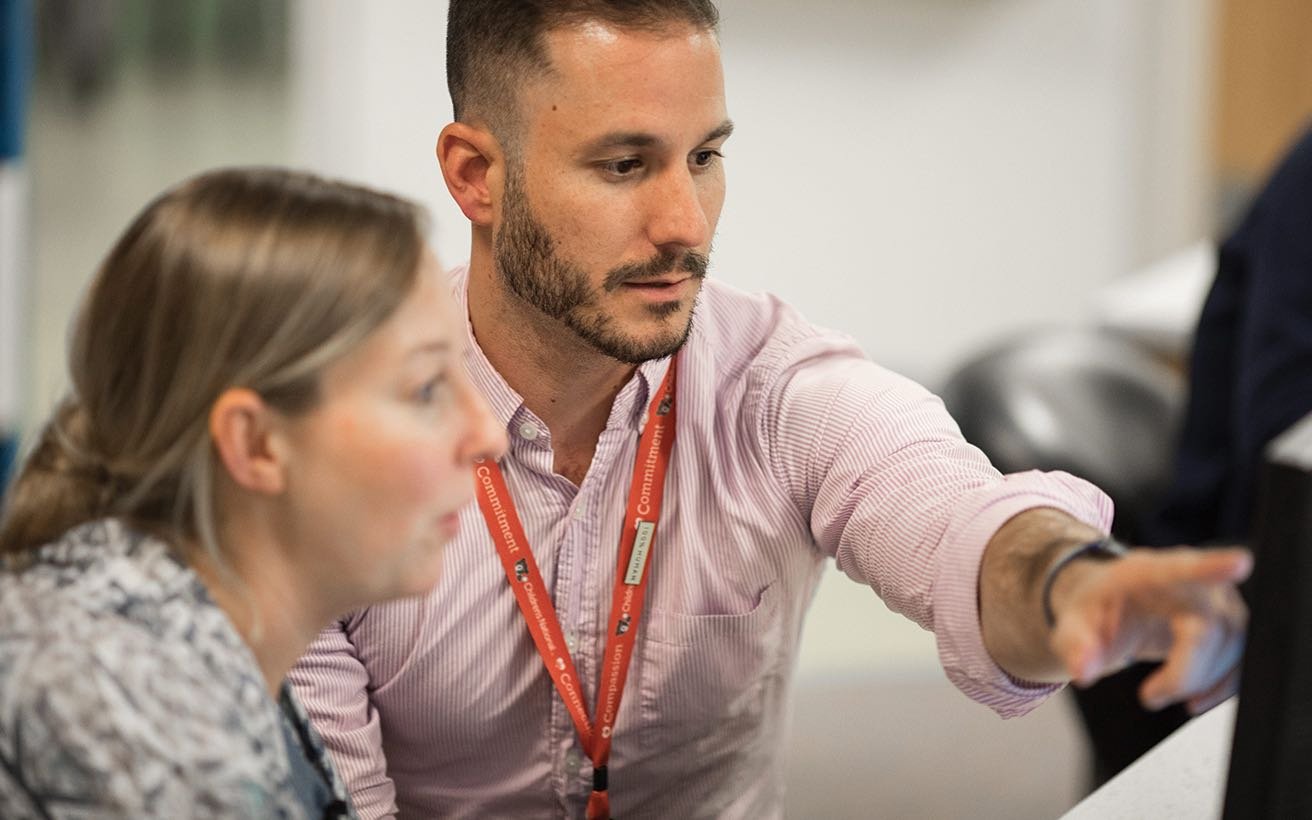Policy, Education and Advocacy for Kids (PEAK) Pathway

What is the PEAK Pathway?
The PEAK Pathway consists of a variety of optional activities aimed at building residents’ skill and understanding around public policy and advocacy, and planning for a career that incorporates public policy and advocacy.

The Policy, Education and Advocacy for Kids (PEAK) pathway offers residents hands-on training in pediatric policy and advocacy. Residents create a personalized curriculum by completing elective activities in areas such as recruitment and representation, well-being, community partnerships and advocacy for under-resourced populations.
Residents meet with faculty from the Child Health Advocacy Institute (CHAI) to find mentors and learn how to incorporate advocacy into any pediatric career. At the completion of the pathway, residents will have an advocacy portfolio to document their work.
Questions?
To learn more please email Danielle Dooley, MD and Theiline Gborkorquellie, MD.






